How to get better gas mileage in a truck
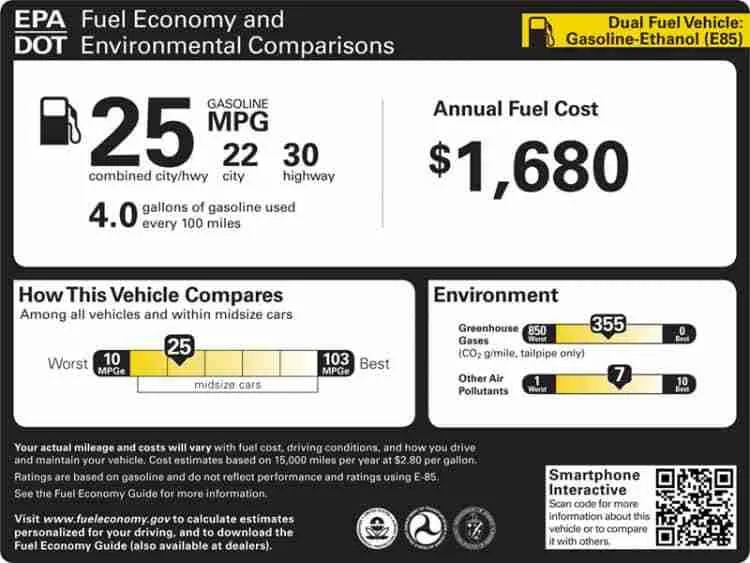
How to Get Better Gas Mileage in a Truck
Gas can be expensive for anyone, but this is especially true for truck drivers. Most drivers feel like this is just a part of truck ownership. However, there are a few tips and tricks that, when used together, can help you get better gas mileage in your truck.
Checking Your Fuel Mileage
Before we talk about how you can get better gas in your truck, let us take a moment to talk about how to properly check your fuel mileage. First, you should find a gas station that has a level area near the gas pump. Fill your gas tank to the desired level and record how many miles it takes to reach that level. Now, if you understand the proper way to use your trip meter, then this next part is easy.
Your Trip A should only include the miles you drove between refilling your gas tank. Every time you stop for gas, you should reset Trip A to record this mileage. All you need to do is divide the number of miles on your trip by the number of gallons it took to fill your tank.
To get an idea of how you are doing on gas consumption, do this for over the span of at least three different tank refills.
Tips & Tricks for Improving Your Gas Mileage
Now that you understand how to find your average gas mileage, let us get to those tips and tricks!
Keep Your Vehicle Properly Maintained
You may not realize this, but making sure your vehicle is running as it should is an important part of getting the most out of your gas. This includes having your vehicle regularly serviced. While not all tasks will directly affect your gas consumption, two definitely will.
Fuel injectors are important when it comes to gas efficiency. Your fuel injectors spray the right amount of gas in the form of a fine mist into your engine. Clogging can hamper this process. For minor clogging, there are several products you can use to clear your fuel injectors. (Techroline and Lucas Fuel System Cleaner are two of the most popular products on the market.) For more serious clogs, a professional may be the best bet.
Cleaning your air filter is also important to your gas consumption. That is because airflow affects your mileage. Other things you should consider are replacing any damaged wires, rotors, caps and spark plugs.
Improve Your Aerodynamics
Aerodynamics is a major factor in your fuel consumption. The most aerodynamic your vehicle is, the better the fuel efficiency will be. Not everyone likes the idea of covering the bed of their truck. However, many feel that it helps to decrease drag. (The idea here is that, as air flows over your cab, it then enters the bed of the truck and hits the tailgate – which creates drag and makes it harder for your engine to power your truck forward.) Adding a bed cover, therefore, helps to prevent this from happening.
The Importance of Tires
Tires affect your mileage. Keeping your tires properly inflated is one of the best ways to immediately boost your mileage. (Remember to check your tire pressure often. This is particularly true when temperatures fluctuate.)
Avoiding high profile tires is another way to increase your mileage. Tires that are oversized, off-road, or mud grip style can affect your fuel efficiency on the road. All of this actually creates extra drag on your truck. In other words, items like this add more resistance to your truck.
Use AC Only When Needed
Did you know that your air conditioning, or AC unit, actually is one of the most taxing functions of your truck? Your AC unit burns through gas. While you may need to use your AC on the hottest days, the fan is good enough for most occasions. (Your defroster is another gas drainer. Use it only when needed.)
Some may suggest you roll your windows down instead. However, this increases that drag we talked about earlier.
Watch Your Speed
How you drive is another factor. Continually increasing and decreasing your speed, as well as constant braking, interrupts your truck’s ability to maintain a constant supply of gas. These fluctuations cause your engine to rev and burn more fuel.
Haul Only When Necessary
Many people buy trucks to haul. While trucks are certainly used to do so, it is important to haul only when necessary. Leaving trailers and other items attached to your truck creates drag. Not only do these items create drag, but also they add extra weight to your load. As with drag, additional weight can accelerate your fuel consumption.
Use the Right Liquids
The right liquids, as recommended by the manufacturer, can ensure your truck’s operation is optimal. This means using the right type of fuel, oil, and other liquids. Oil helps to lubricate all of the gears and components within your engine. Using the right type ensures your engine remains in proper working condition. The same is true when it comes to your fuel as well. There are various types of fuels for you to choose from so make sure you check out which is most recommended by your truck’s manufacturer.
Turn Off the Vehicle When Not In Use
It may not seem like a big deal, but keeping your truck running when not in use burns gas unnecessarily. If you are sitting, idle, in the truck – you are wasting your own gas. Turn the vehicle off instead. (Some even recommend skipping the drive-thru window, parking and going inside to order meals or conduct your banking to save on fuel as well.)
Be Smart about Your Gas Consumption
Using one or two tips from above may help you save a bit of gas here and there. However, using all of the suggestions together can increase gas savings even more.
At the end of the day, a truck will still use more gas than a smaller car. Nevertheless, you do not have to settle for wasting excess fuel for no reason. Think about how you use your truck and take into consideration what you can do to improve your gas consumption as a whole.

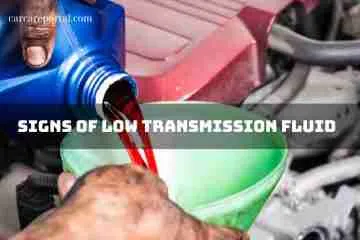

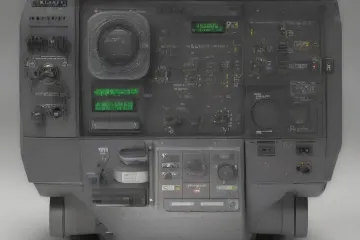
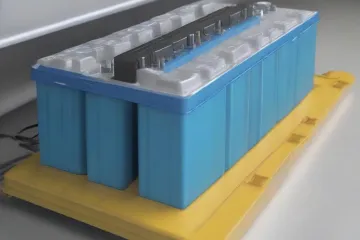

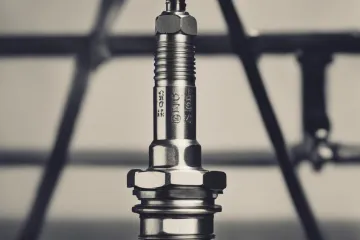
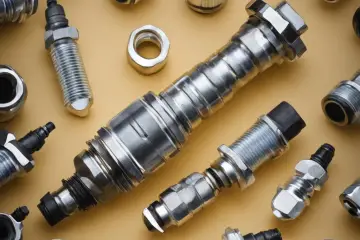





1 Comment
[…] How to get better gas mileage in a truck […]